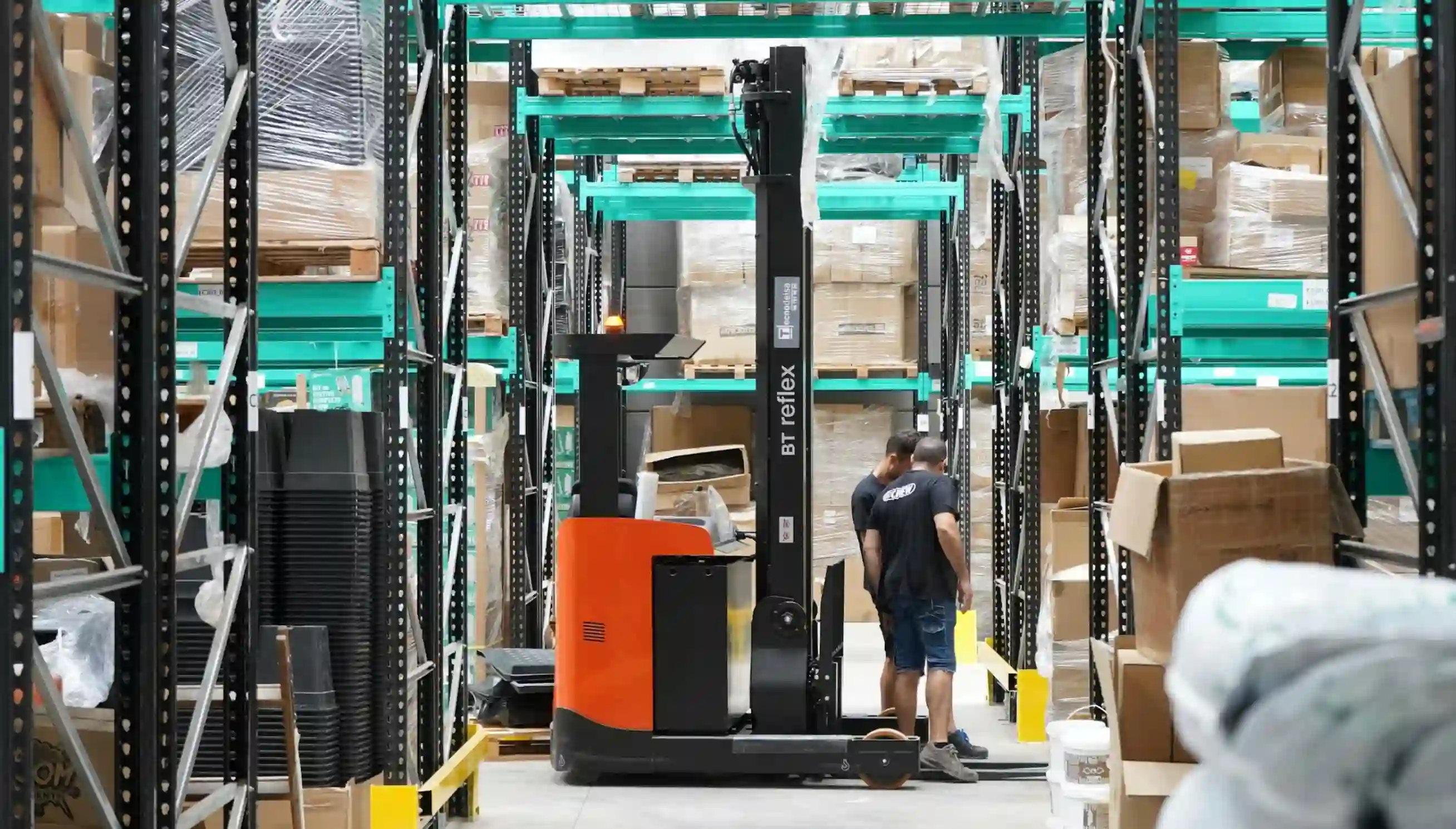Pandemic-Proofing Your Small Business
No matter what industry you’re in, the global pandemic has likely caused an upheaval, and your company has had to adjust. Maybe you’ve successfully transitioned to a remote workplace or pivoted the products and services you offer, or perhaps you’re still struggling to get back on your feet.
No matter what industry you’re in, the global pandemic has likely caused an upheaval, and your company has had to adjust. Maybe you’ve successfully transitioned to a remote workplace or pivoted the products and services you offer, or perhaps you’re still struggling to get back on your feet. Wherever you are, you can begin to pandemic-proof your small business. Let’s look at how.
How to Pandemic-Proof Your Business
Several years ago, not many small businesses would have put much thought into how to protect themselves in a pandemic. However, the past couple of years has everyone rushing to find ways to stay relevant and in business. While the economy continues to grapple with the reality of shutdowns, supply chain disruption, and labor shortages, there are still ways you can protect your company from the impacts of a pandemic.
1. Get Online Statistics show that e-commerce has been one of the big winners over the last couple of years. Businesses that have been able to move online and create digital offerings are the ones that will see growth. In 2020, over two billion people made purchases online. Retail sales in the U.S. alone that year exceeded $4.2 trillion. In Canada, e-commerce revenue was pegged at 29.9 billion USD. That equates to over $3 billion a month. If you want to know how to weather the storm during a pandemic, get online. No business can afford to neglect online sales, no matter how big or small. In times of crisis, like a pandemic, allowing customers to buy your products online can save your company.
2. Invest in Digital Marketing Once you’ve established your online store, it’s time to scale up. To do that, you’ll need to attract more customers. In e-commerce, digital marketing is the key. There are various elements of digital marketing, including content creation (like blogs and videos), link-building, SEO, digital advertising, social media, and social media ads. Don’t worry if you don’t know how to do any or all of these things. You’ll be able to find a digital marketing agency to help.
3. Find Your New Focus Now is the time to scrap elements of your business that have been bringing you down. Are there some products or operations that you can abandon? Consider if you have any products or services that have become too expensive to produce and are not bringing in enough revenue to make it worth your while. You can also pivot your offerings and start selling something new that more people want.
4. Expand Your E-Commerce Efforts Aside from investing in digital marketing, you should also expand your operations and create pages on e-commerce platforms. You can start advertising your products on various platforms, such as Shopify, Etsy, eBay, etc. If you’re really ambitious, you could even attempt to reach customers on Amazon. Instagram offers a shopping feature that blurs the lines between social media, advertising, and e-commerce. You can post images of your products and create tags that allow users to click and buy your items right in the app.
5. Streamline Your Shipping One of the key ingredients in successfully pandemic-proofing your business is a streamlined and straightforward shipping service. Customers shopping online have certain expectations when it comes to getting their orders. If you want to build your business, you’ll need to work hard to meet those expectations. To do this, offer different tiers of shipping so the customer can choose the one that works best for their timeline and budget.
6. Become an Expert in Emotional Intelligence The past two years have been hard on most people. Many are suffering from feelings of depression and isolation. Understanding this reality can help you practice emotional intelligence and respond differently to your customers. This means that you’ll need to consider their emotional as well as their physical needs.
7. Create Digital Offerings As people spend more time online, think of ways to engage and interact with them in the digital space. Is there a way you can add some gamification to what you do? Get creative and use advanced technology to offer your customers a unique experience. Are you able to give a 360-degree tour of your business operations? Is there a way you can integrate some augmented reality into the shopping experience for your audience?
8. Stay Connected Cultivate the relationship with your customers online through newsletters or emails. Add meaningful insights into what is happening in the world and how it may impact them. Send out messages that reassure your customers and help them regain some sense of normalcy. Don’t forget to emphasize how your organization responds to the pandemic to keep people safe. Right now, it’s all about building connections.
9. Pivot With Office Furniture Liquidators Making the move online can seem a little scary, but it’s also exciting. One of the things you’ll be able to do is reduce your operations. If you’re looking at closing your office or business space, you’ll be able to save money and even earn some by using office furniture liquidators. Professional liquidators like Michaels Global Trading are skilled at finding buyers for your office furniture. The money you earn can be invested into your new strategy to pandemic-proof your small business.
For more information about our services in Ontario, call Michaels Global Trading at 1-888-902-7531 or contact us here.




